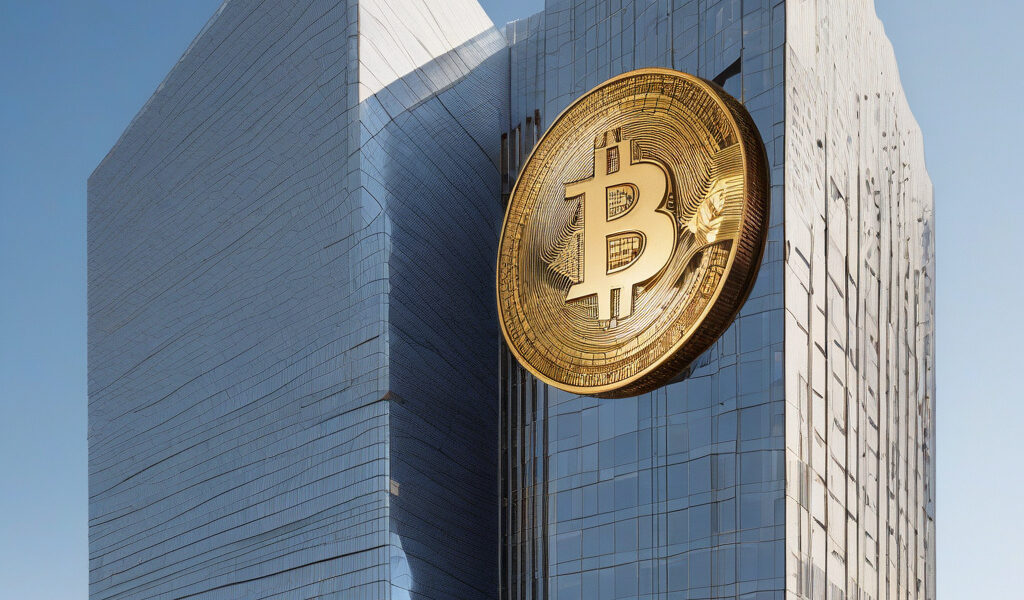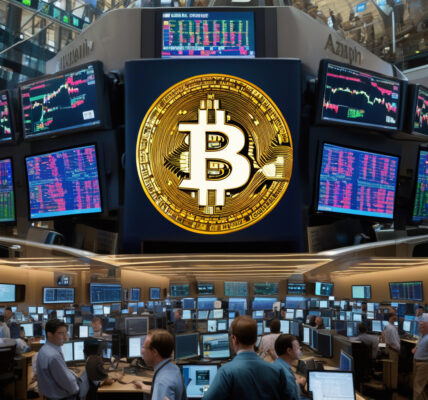Czech National Bank to assess Bitcoin for reserve assets
Czech National Bank to Assess Bitcoin for Reserve Assets
The world of central banking is on the brink of a significant shift as the debate surrounding the inclusion of Bitcoin as part of reserve assets gains traction. This move towards considering Bitcoin as a potential reserve asset is not an isolated event but part of a broader trend that has been observed among G20 nations.
In recent years, Bitcoin has emerged as a disruptive force in the financial landscape, challenging traditional notions of currency and value. Its decentralized nature and limited supply have captured the imagination of investors and policymakers alike, leading to a reevaluation of its role in the global economy.
The Czech National Bank’s decision to assess Bitcoin for reserve assets reflects a growing recognition of the cryptocurrency’s potential to serve as a store of value. By considering Bitcoin as part of its reserves, the central bank is signaling its willingness to embrace new technologies and adapt to the changing financial landscape.
One of the key drivers behind this shift is the increasing uncertainty surrounding traditional fiat currencies. With central banks around the world engaging in unprecedented levels of monetary stimulus, the risk of currency devaluation and inflation has become a real concern for many policymakers.
Bitcoin, with its fixed supply and deflationary model, offers a potential hedge against these risks. Its decentralized nature also provides a level of independence from government interference, making it an attractive option for central banks looking to diversify their reserve assets.
The move towards assessing Bitcoin for reserve assets is not without its challenges, however. The cryptocurrency’s volatile nature and regulatory uncertainty present significant hurdles that central banks will need to navigate. Despite these challenges, the potential benefits of including Bitcoin in reserve assets are too significant to ignore.
In addition to the Czech National Bank, other G20 nations have also shown interest in exploring the role of Bitcoin in central banking. El Salvador recently made headlines by adopting Bitcoin as legal tender, signaling a new era of acceptance for the cryptocurrency on the world stage.
As the debate continues to evolve, it is clear that Bitcoin’s influence on central banking is only set to grow. Whether it will become a mainstream reserve asset remains to be seen, but one thing is certain – the traditional boundaries of central banking are being pushed, and Bitcoin is at the forefront of this transformation.
In conclusion, the Czech National Bank’s decision to assess Bitcoin for reserve assets is a significant development that highlights the cryptocurrency’s increasing relevance in the world of central banking. As G20 nations continue to explore the potential role of Bitcoin in their reserve assets, the global financial landscape is poised for a period of profound change.
Bitcoin, central banking, reserve assets, G20 nations, cryptocurrency












